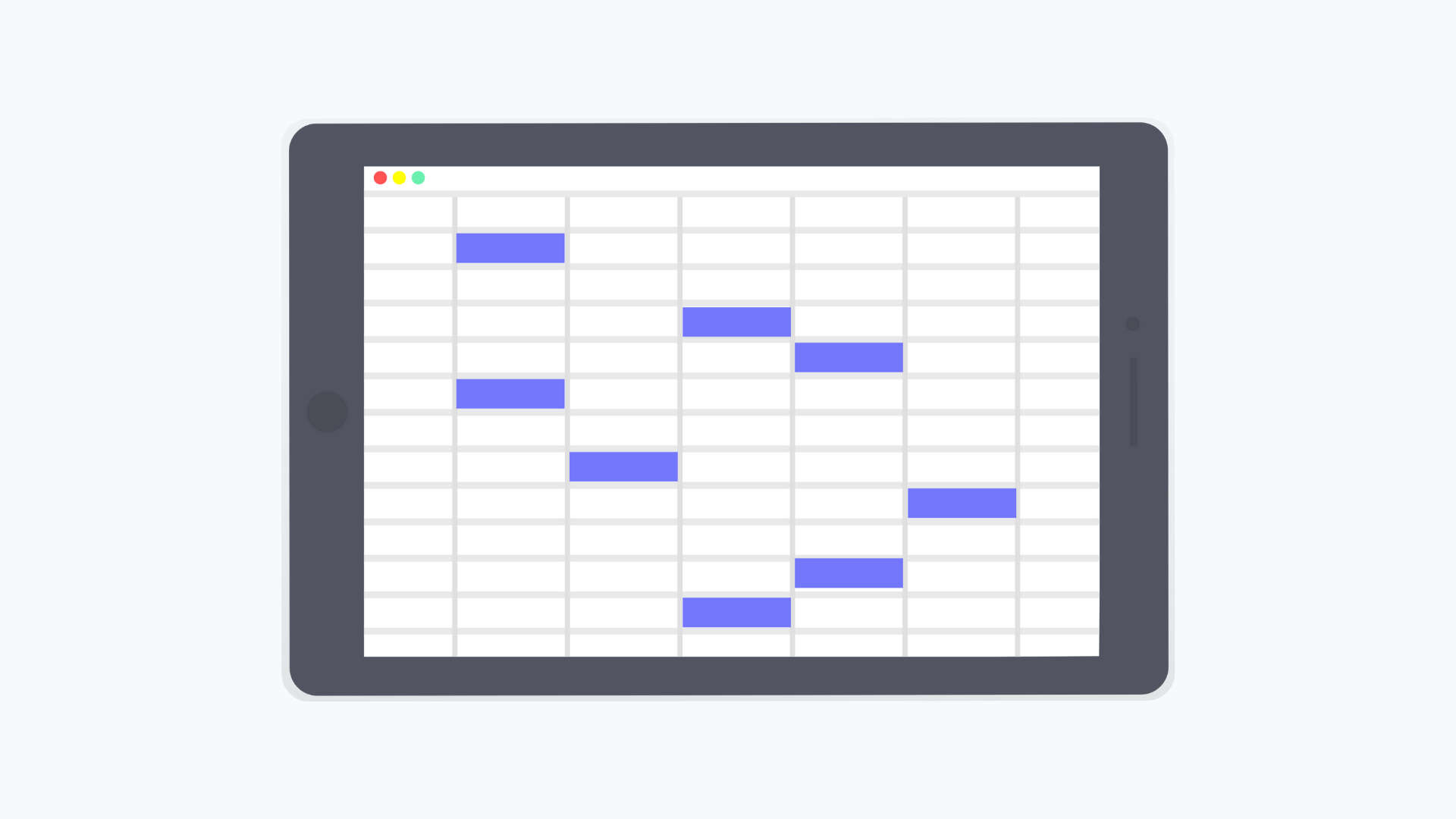Build Your Keyword List
Selecting the right keyword list for your Google Ads campaign will help you show your ads to the right people. In this lesson, we’ll show you how to figure out which words and phrases potential customers are using to find local service businesses just like yours.

1. Informational Search Queries
Informational Search Queries cover a broad topic for which there are likely hundreds, if not thousands, of relevant results. When someone enters an informational search query into Google, they’re looking for general information—hence the name. They are probably not looking for a specific site, nor do they have the intention to purchase anything. They just want an answer to their question or to learn how to do something.
2. Comparison Search Queries
Comparision Search Queries are used by people still in the research stage, meaning they’re interested in reading reviews and/or comparing prices. Some people in this category are ready to buy in the next day or so, while others need more time to consider their options. And a few folks in this group, believe it or not, may never purchase at all.
3. Transactional Search Queries
Transactional Search Queries usually indicate the searcher is looking to make a purchase, something known as buyer intent. People who use these keywords and search phrases are typing with one hand and pulling out their wallets with the other. They know what they need and are searching for the right company to do business with.
So how do you know which of these three categories a person belongs to? Well, you start by looking at the keywords they type into their search bar. As a general rule of thumb, the more specific the search query, the closer that person is to the “Transactional” group.
Take, for instance, the three different types of people searching for Pest Control:
An Informational Search Query usually contains one or two words with no modifiers:
- Pest Control
A Comparison Search Query is a bit more specific, using modifiers that will help the person performing the search find websites with more information.
- Pest Control Prices
- Best Pest Control
Finally, a Transactional Search Query is very specific, using keywords like “near me,” “companies,” “services,” and even your city name in the phrase.
- Pest Control Near Me
- Pest Control Companies
- Pest Control Services
- Pest Control [CITY NAME]
So if you’re just getting started with Google Ads and budget is your biggest concern, I would target keywords in the Transaction group. As you gain confidence in your ability to manage your PPC Campaigns, you can start experimenting with keywords in the Comparison group.
Ready to create your own keyword list? Let’s begin…
Step 1: Browse Your Website
First things first, look at your website and write down all the products and services you sell. You probably know your core offering pretty well, so you’re going to need to step into your customer’s shoes and assume they don’t know what you have to sell. Think of synonyms he or she might use to find your site. Then combine these terms with some of the common Transactional and Comparison keywords we mentioned earlier.
Sticking with our Pest Control example, if one of your services combats subterranean termites, then you might come up with the following keyword combinations:
- Termite Treatment Cost
- Termite Inspection Near Me
- Termite Control Near Me
- Termite Companies Near Me
Step 2: Check Out Your Competition
Take a look at your competitors’ websites, both at the local and national level. Here, you’ll find phrases and expressions you haven’t thought of before. Add these to your keyword list as well.
Step 3: Talk To Your Customers
When you’re on the phone with potential customers, ask them how they found your site and, if they can recall, the keywords they used in the process. Take it a step further by asking them what kind of search terms they use in general. At this step, you’re not going to hear a lot that surprises you, but you’ll definitely pick up a few keywords or modifiers you can add to your list.
Step 4: Ask Your Inner Circle
As the expression goes, “Teamwork makes the dream work.” So during this step, you’re going to ask your family, neighbors, and friends which search terms they might use to find your business. Now, at this step, you might feel like the well has run dry, but the truth is, that’s kind of the point. You’re pushing further than everyone else to create a comprehensive keyword list.
Step 5: Use Keyword Tools
For the most part, Google’s Keyword Planner is good enough for most businesses. But, as you gain experience, you may want to leverage third-party tools that allow you to dig even deeper.
Most of these tools (SEMRush, SpyFu, WordStream) work by figuring out which keywords your competitors are bidding on and sharing that list with you. So it’s important to remember that there are limits to how accurate this supply of information is. But, at the end of the day, these third-party tools give you access to words and phrases you would have otherwise missed.

Get your FREE keyword list
Do you own a local service business? Well, you're in luck! We've created a simple spreadsheet (with our favorite search terms) for the following industries:
Ready to get started?
Download the PDF to read it at a later time OR subscribe to our newsletter to receive future updates.